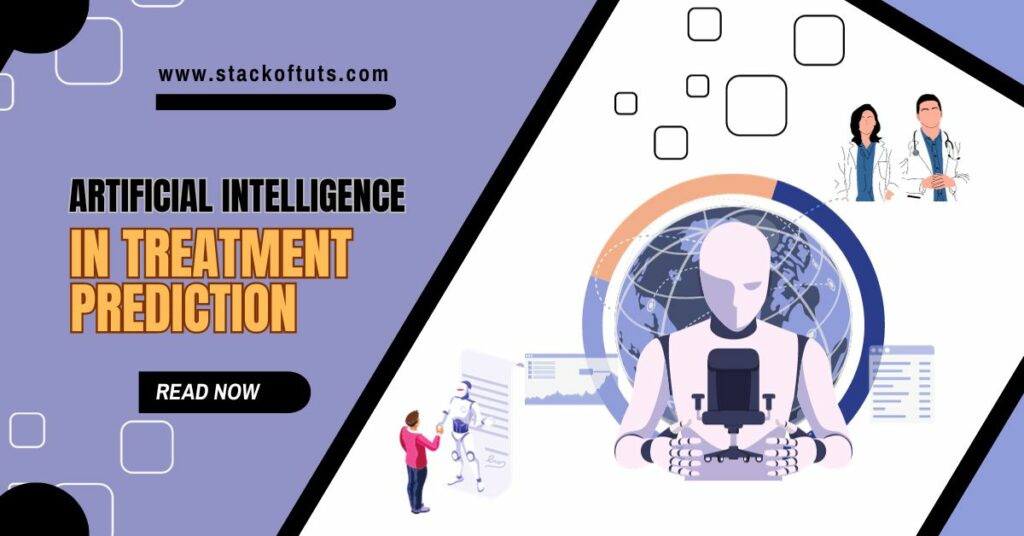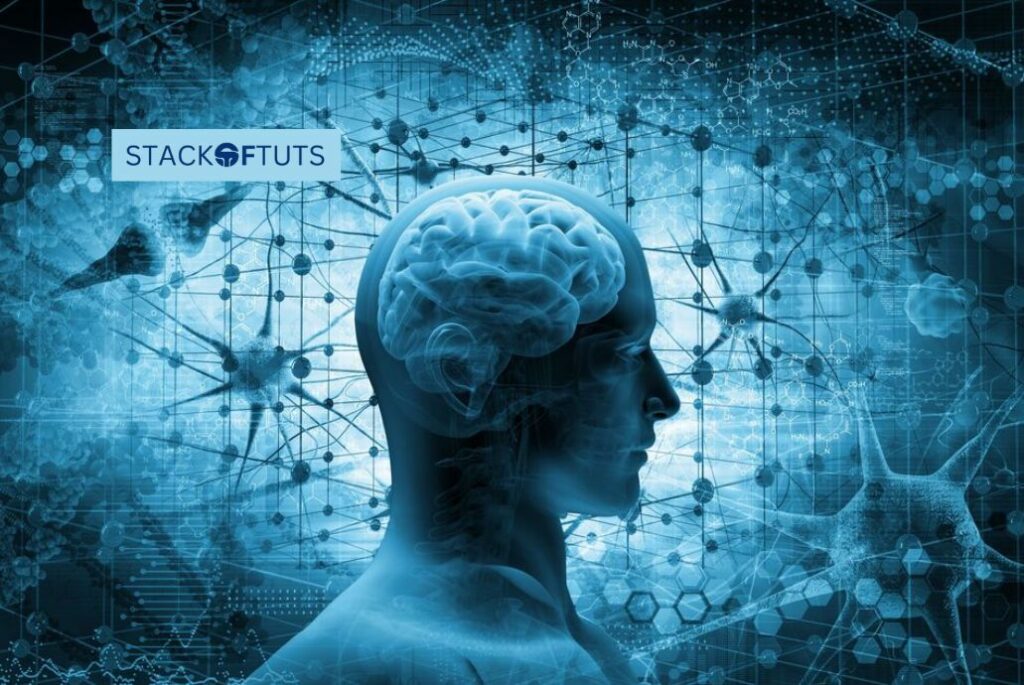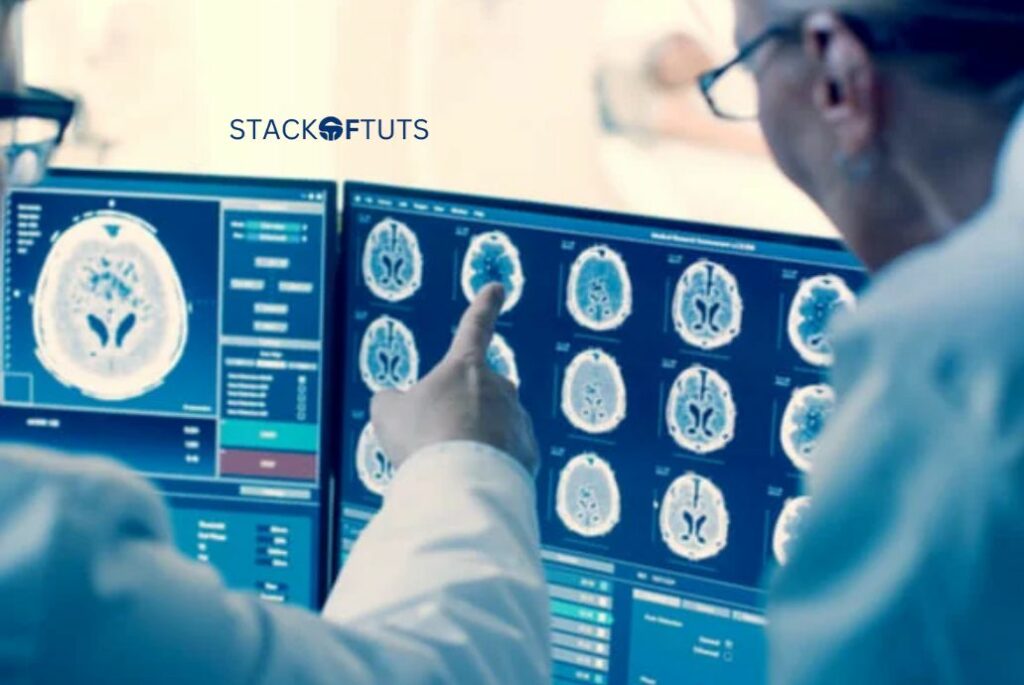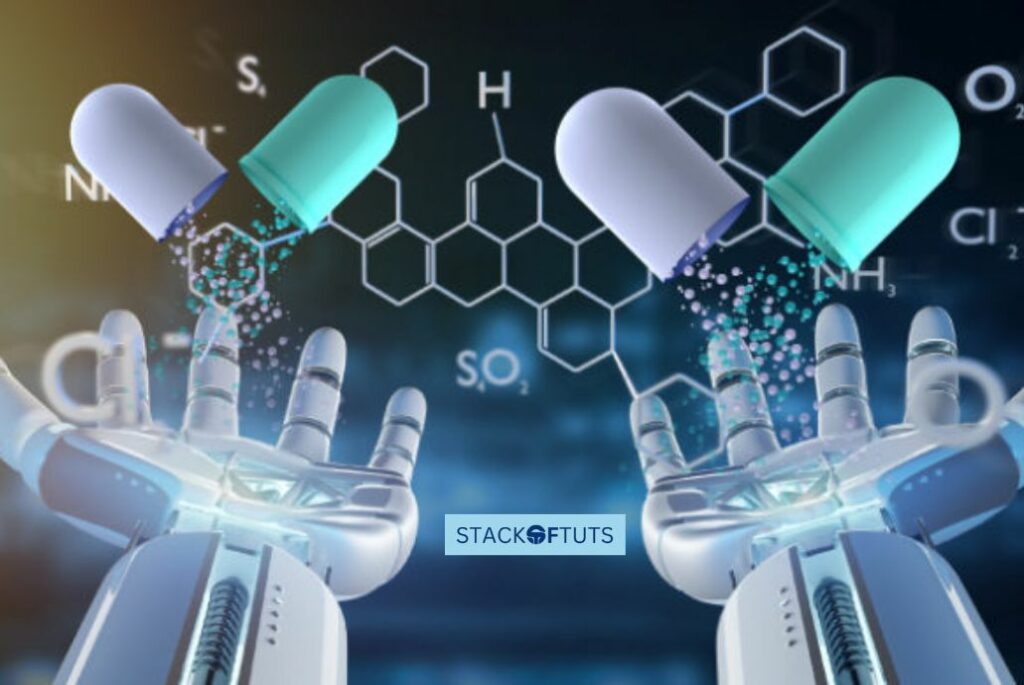
In this ever-evolving era of healthcare, artificial intelligence (AI) is causing a seismic shift in the way we approach treatment prediction. AI in Treatment Prediction 2024 holds immense significance as it pledges to elevate the precision, efficiency, and effectiveness of medical prognoses. This article takes a deep dive into AI-powered treatment prediction, providing insights into its definition, practical examples, and the formidable challenges it confronts.
What is AI?
AI, the abbreviated form of artificial intelligence, signifies the creation of computer systems capable of performing tasks that traditionally demand human intelligence. These tasks encompass learning, reasoning, problem-solving, and adapting to new information. AI systems boast the ability to swiftly and accurately analyze colossal datasets, rendering them invaluable tools in a multitude of industries, with healthcare standing out as a prominent beneficiary.
What is Treatment Prediction?
Treatment prediction revolves around the utilization of data and analytics to foresee the most optimal treatment for a specific medical condition. It takes into account a patient’s traits, medical history, and genetic makeup to determine the best course of action. Conventional treatment prediction methods often rely on manual analysis and clinical expertise, a process susceptible to time constraints and human errors.
For a complete guide also read about Top Healthcare Artificial Intelligence Software dive into this link for exclusive insights and captivating discoveries!
How can AI be used for treatment prediction?
AI is spearheading a revolution in treatment prediction across various medical domains.
Cancer Treatment Prediction

Cancer, a complex ailment with myriad variables influencing patient outcomes, faces AI’s transformative potential. AI can scrutinize a patient’s medical records, genetic information, and imaging data to pinpoint personalized treatment options. Machine learning algorithms can forecast which therapies are most likely to yield success, increasing the odds of effective cancer treatment while mitigating side effects.
Heart Disease Treatment Prediction

AI algorithms excel at analyzing heart health data, encompassing electrocardiograms (ECGs) and medical histories, to gauge the risk of heart disease and advocate preventive measures or treatment plans. This proactive approach possesses the potential to save lives through the early detection of heart issues.
Mental Health Treatment Prediction

AI is entering the realm of mental health by scrutinizing speech patterns, behavioral data, and psychological assessments to facilitate early diagnosis and personalized treatment of mental disorders. It aids mental health professionals in tailoring interventions to individual patients, augmenting treatment efficacy.
Rare Diseases Treatment Prediction

The diagnosis and treatment of rare diseases, fraught with unique challenges, benefit from AI’s assistance. AI can expedite the identification of rare diseases by dissecting clinical data and genetic information. This leads to quicker diagnoses and more precise treatment strategies for patients grappling with rare conditions.
Drug Discovery and Development

AI’s impact extends to drug discovery, as it pores over vast datasets to unearth potential drug candidates and forecast their efficacy in treating specific disorders. This streamlined process considerably reduces the time and resources needed to bring new drugs to market.
Challenges and Limitations of AI in Treatment Prediction
While AI holds immense promise in healthcare, it grapples with challenges and limitations. These encompass concerns surrounding data privacy, the imperative need for rigorous validation of AI algorithms, the specter of data bias, and the necessity for ongoing human oversight to safeguard patient well-being. Achieving a harmonious balance between technological advancements and ethical considerations is paramount to applying AI in healthcare.
FAQs
AI in Treatment Prediction 2024 uses advanced AI to predict and enhance treatment outcomes in different medical fields.
AI harnesses the power of data analysis and machine learning algorithms to scrutinize patient-specific information, genetic data, and medical records. This empowers healthcare professionals to make more precise predictions.
AI in treatment prediction can yield personalized treatment plans, early detection of diseases, and reduced treatment side effects.
Yes, there are concerns encompassing data privacy, algorithm validation, data bias, and the requirement for human oversight.
Conclusion
In summary, AI in Treatment Prediction 2024 is reshaping the healthcare landscape by offering personalized and data-driven treatment solutions. Whether it’s cancer, heart disease, mental health, rare diseases, or drug discovery, AI is revolutionizing medical practices. However, it is essential to confront the challenges and limitations to fully harness them. Embrace this revolution, for it holds the potential to transform healthcare as we know it.
Thanks!





